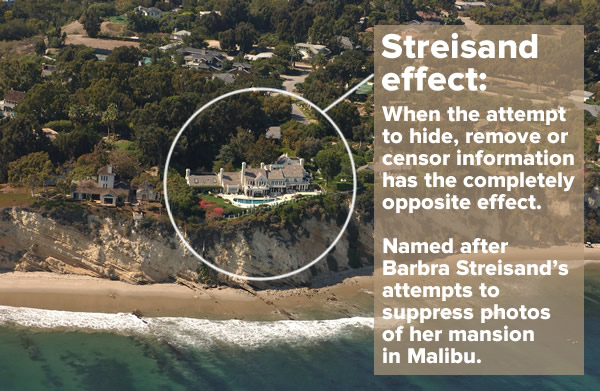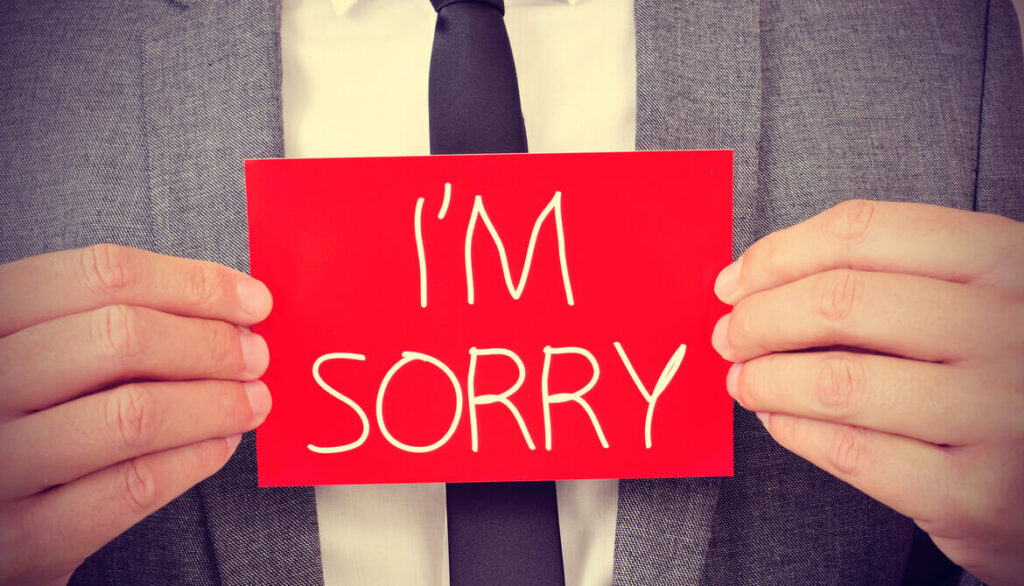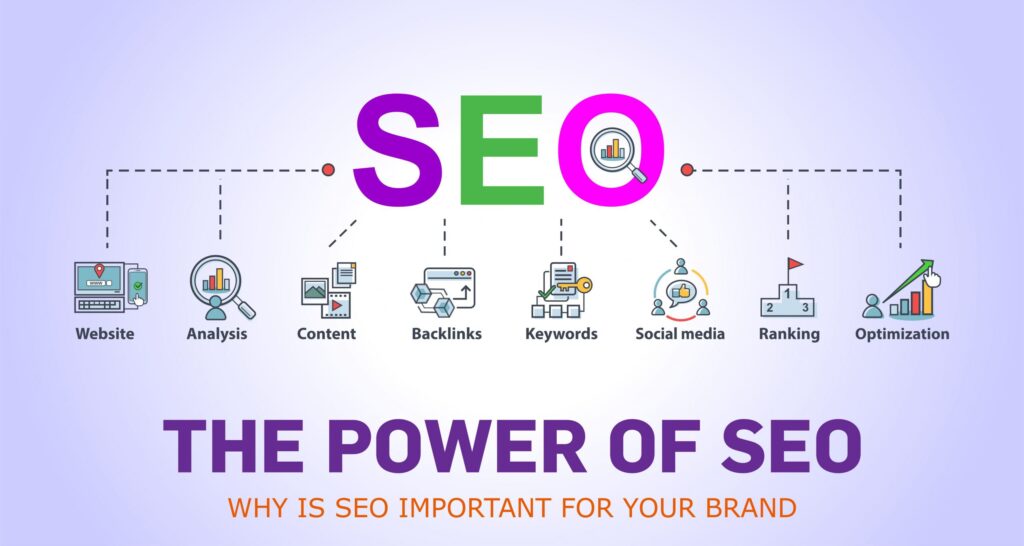Hi, Dave Fox here from Starscape SEO. The old saying “There’s no such thing as bad publicity” has persisted for years, hinting that all press—good or bad—can be beneficial.
While this idea seems counterintuitive, there are valid reasons why bad press might actually work in someone’s favor. Let’s dive into the world of bad publicity to explore how it can sometimes play to your advantage.
And, of course, we’ll touch on how this ties into SEO—because at Starscape SEO, we’re all about leveraging every angle to benefit your online presence. Let’s turn those lemons into lem-o-nade!
The Attention Economy: All Eyes on You
In today’s fast-paced digital world, attention is everything.
Bad press can thrust someone or something into the spotlight, capturing the public’s interest in ways that positive press might not. Here’s why:
Increased Visibility
Bad press can elevate a relatively unknown entity into the public eye.
The Streisand Effect—where attempts to hide or censor information only make it more popular—is a perfect example.

When something controversial hits the news, people’s curiosity drives them to learn more, boosting visibility.
Conversation Starter
Controversy sparks discussion. When people talk about a hot topic, it keeps the subject relevant and at the forefront of public consciousness.
This ongoing buzz can maintain interest long after the initial story breaks.
The Sympathy Vote: Rallying Support
Surprisingly, bad press can generate sympathy and support. Here’s how:
Underdog Effect
People love an underdog.

When someone is targeted by the media, a portion of the population often rallies behind them, seeing them as unfairly treated. This can create a loyal, supportive following that didn’t exist before.
Humanizing Flaws
Bad press can humanize individuals or brands by exposing their flaws.
In a world that often demands perfection, showing vulnerability can make someone more relatable and endearing to the public.
Opportunity for Reinvention: Rising from the Ashes
Bad press can be a catalyst for change and growth.

It provides a chance to address issues, make amends, and come back stronger. Consider these aspects:
Rebranding Potential
Scandals can lead to introspection and rebranding efforts.
A successful rebrand can turn a negative situation into a fresh start, helping a brand or individual shed past mistakes and emerge with a renewed image.
Public Apologies and Transparency
Owning up to mistakes and offering sincere apologies can enhance credibility.

Transparency during a crisis builds trust and demonstrates a willingness to learn from missteps.
SEO Connection: Leveraging the Buzz
So, how does this tie into SEO?
Bad press often leads to a surge in online searches, clicks, and social media mentions, which can significantly impact SEO.

Here’s how:
Increased Traffic
Controversy drives traffic. When a story breaks, people rush to search engines and social media to learn more.
This spike in traffic can temporarily boost a website’s visibility and rankings.
Backlinks Bonanza
News stories, blog posts, and opinion pieces about the controversy often include links to the subject’s website or original content.
These backlinks are valuable for SEO, improving site authority and search engine rankings.
Keyword Dominance
The surge in searches related to the controversy can help dominate certain keywords.
While the nature of these keywords might not be ideal, they contribute to overall SEO metrics, influencing how search engines perceive and rank the site.
When Bad Press Gets Personal
Bad press is like spicy food—it’s intense, uncomfortable, but unforgettable.
Take celebrity scandals, for example. A star caught in a compromising situation might face public outrage, but it also keeps them in the headlines, increasing their fame (or infamy).
Brands can similarly use the fiery nature of bad press to engage their audience.

Consider politicians embroiled in scandals—they often emerge with a rejuvenated image, more support, and greater visibility. It’s a high-stakes game, but for some, the risk is worth the reward.
The key is in the response—how they adapt and pivot can make all the difference.
When Bad PR Doesn’t Work
There are times when trying to spin bad PR just doesn’t cut it.
Take a pizza joint with 50 terrible reviews—claiming “we’re so bad, we’re good!” won’t suddenly make the pizza taste better or win over new customers.
In these cases, simply leaning into the negativity with a cheeky attitude isn’t enough.
Bad PR needs to be handled with strategy, not just humor.
For some brands, especially those where quality is non-negotiable, like a restaurant, the “so bad, it’s good” approach can backfire.
It’s crucial to address the issues head-on, make improvements, and communicate those changes effectively.
Bad PR can sometimes be turned around, but it requires careful consideration, genuine effort, and the right messaging—not just a wink and a nod to being “Michael Jackson bad.”
Conclusion – Strike When The Iron Is Hot
While bad press is undoubtedly a double-edged sword, it can be turned to your advantage, especially when it comes to SEO.
Increased visibility, ongoing conversation, and opportunities for reinvention can transform negative attention into a strategic win. Just don’t get hooked on being “bad” for its own sake – most products don’t sell because they’re terrible.
That said, keeping your brand’s direction in mind, and with a touch of SEO strategic magic, even the worst press can bring significant online benefits.
So, the next time you or your brand face bad publicity, remember: it’s not the end of the world. It might just be the start of a new, more engaging chapter.

Call or Text Starscape SEO: (519) 208-8680



